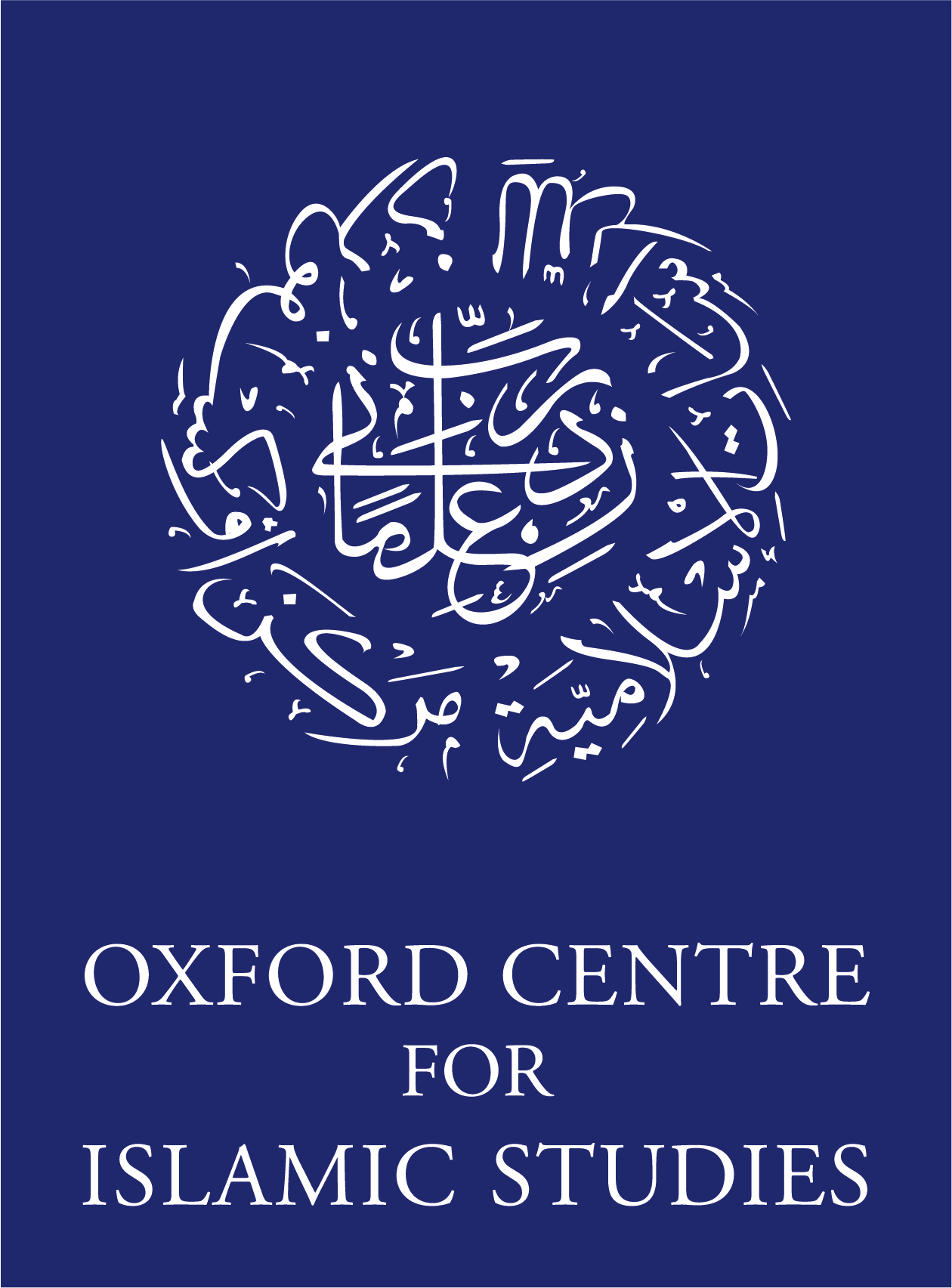Oil, Politics, and Prosperity in the Middle East
The political and economic fortunes of the Middle East are profoundly shaped by oil and hydrocarbons. Rarely does any facet of life in the Middle East remain unaffected by what happens in the oil market. Oil shapes government finances, public investments, subsidies, and living standards. It shapes the state-society relationship and the conditions for conflict and development. Its impact is acutely felt even in oil-scarce countries (e.g. Egypt, Lebanon, and Morocco) where both remittances and foreign aid are closely tied with oil prices.
This short course, delivered by an active researcher in the field, provides an accessible introduction to the multiple ways in which oil shapes politics and prosperity in the Middle East. The course is pitched at a general level, accessible to a non-specialist audience that includes, among others, students, journalists, practitioners, and the general public
Date: Friday 31st October.
Location: Oxford Centre for Islamic Studies. This course is in-person only (not online).
Time: 2pm - 5.30pm
Cost: £25.00
Speakers: Professor Adeel Malik
Click here to apply for this course
Learning Outcomes:
- The course will provide an accessible introduction to key concepts essential to studying the impact of oil in both resource-rich as well as resource-scarce economies of the Middle East.
- Participants will be familiarized with key debates in the rentier state literature and the political economy of oil.
- Course participants will gain a better understanding of how oil shapes economics and politics of the Middle East.
- Participants will gain a more understanding of economic diversification programmes across the Middle East.
Programme:
- 2.00pm Registration
- 2.15pm Oil and Rentier States
- 2.45pm How Oil Shapes Middle Eastern Political Economy?
- 3.30pm Q&A
- 4.00pm Coffee Break
- 4.30pm Is there a Post-Oil future? Visions for Reform and Development
- 5.00pm Concluding Session with an Extended Q&A
- 5.30pm End
